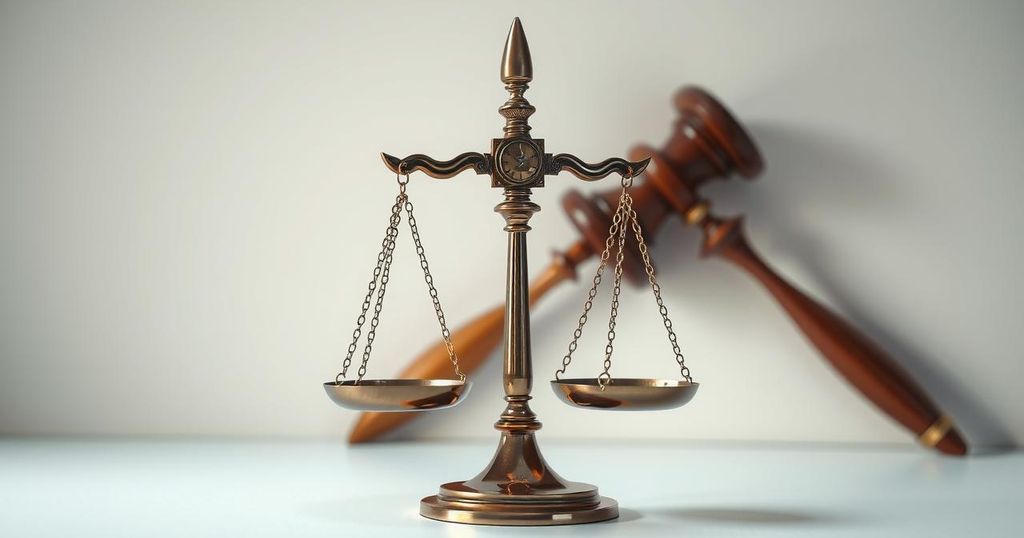The UN has accused the Nicaraguan army of crimes against humanity related to the 2018 protests, revealing credible evidence of military involvement in a violent crackdown that resulted in over 350 deaths. High-ranking officials from the military allegedly coordinated efforts with police and pro-government forces to suppress dissent. The GHREN report outlines a systematic approach to violent repression, challenging the army’s claims of non-involvement. The situation underscores the regime’s increased militarization and political surveillance.
The United Nations Group of Human Rights Experts on Nicaragua (GHREN) has implicated the Nicaraguan army in crimes against humanity, opposing their previous claims of non-involvement in political repression during the 2018 protests. The UN report claims there is credible evidence of military collusion in the violent crackdown that resulted in over 350 fatalities, contradicting the notion that only police and paramilitary forces were responsible.
On April 20, 2018, key military figures were reportedly involved in a meeting where they discussed an alleged coup d’état orchestrated by social groups against the Ortega regime. The UN experts assert that both President Daniel Ortega and Vice President Rosario Murillo commanded the violent suppression of demonstrations, leading to systematic human rights violations now subject to international legal proceedings.
The report highlights that high-ranking military officials, including army chief Bayardo Rodríguez, disseminated orders to neutralize demonstrators. Furthermore, the commander in chief, Julio César Avilés, engaged the army in crowd control, despite lacking jurisdiction over public security, leading to unprecedented violence in Nicaragua’s post-war history.
Reed Brody, a prominent human rights attorney, praised the report’s findings, stating that credible witness testimonies reveal the army’s active participation in the brutal repression of protests. The military not only acted in conjunction with the police but also employed lethal tactics and weaponry intended to eliminate dissent rather than manage crowds.
The report indicates that a structured military response coordinated the violence through specialized military and police units. It details actions including extrajudicial killings and the deployment of snipers, aimed explicitly at causing casualties among protesters, thus instilling fear within society.
To maintain a dispassionate public image, the Nicaraguan army has previously claimed it merely defended strategic resources during the 2018 unrest. This assertion has recently been questioned, particularly as General Avilés is set to serve a lengthy tenure in command while affirming allegiance to Ortega.
Further developments indicate a pervasive surveillance system established by the government, involving various state bodies, including the military and police, to monitor and suppress dissidents. This network has systematically infringed upon citizens’ rights under the guise of political and social stability.
The UN’s findings shed light on the Nicaraguan army’s direct involvement in violent state repression during the 2018 protests, undermining their claims of neutrality. By documenting systematic violations of human rights, the report calls for accountability for those involved in orchestrating such acts against civilians. The complexity of the state’s security apparatus highlights a troubling trend of militarized governance under the Ortega-Murillo regime.
Original Source: english.elpais.com






